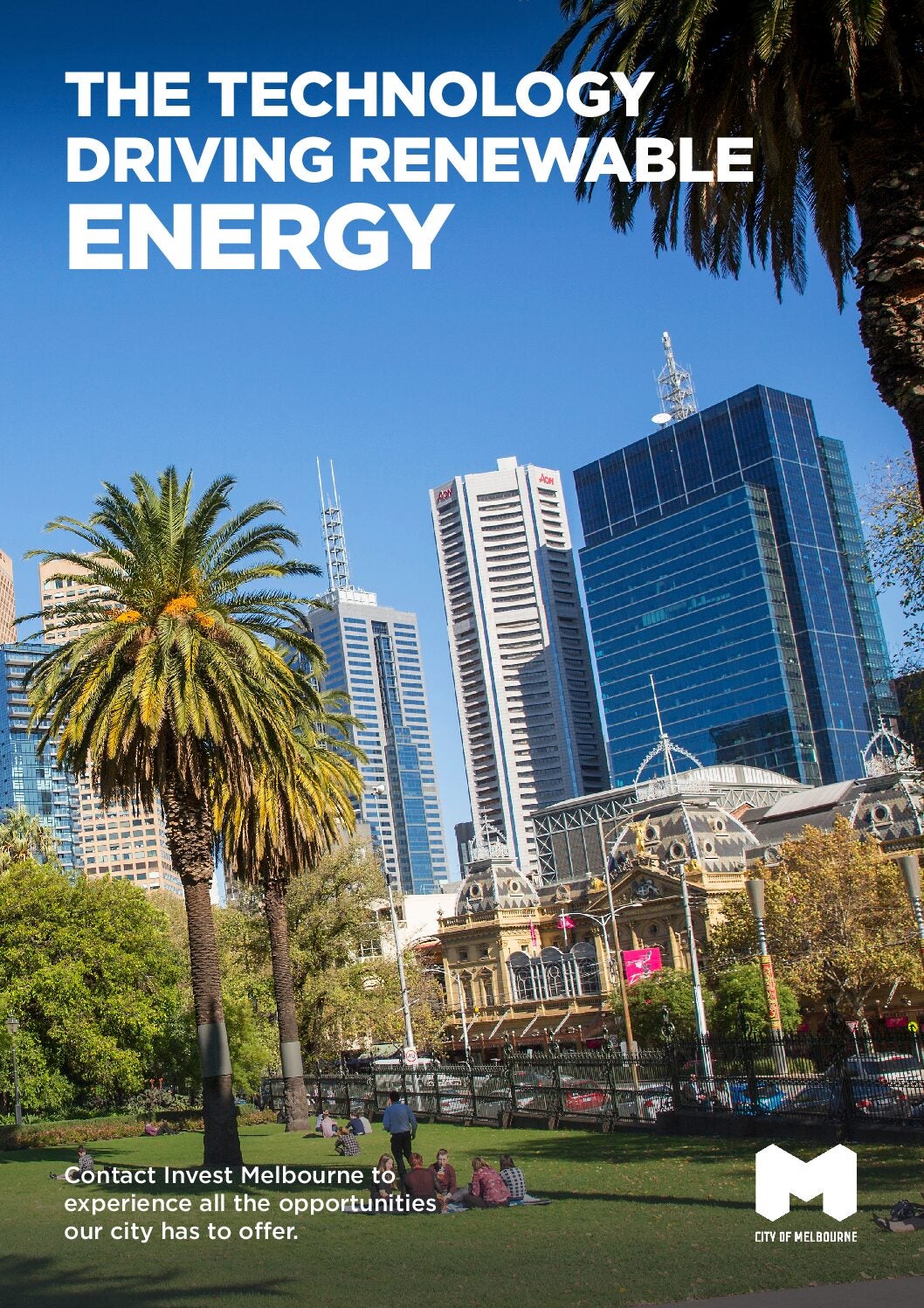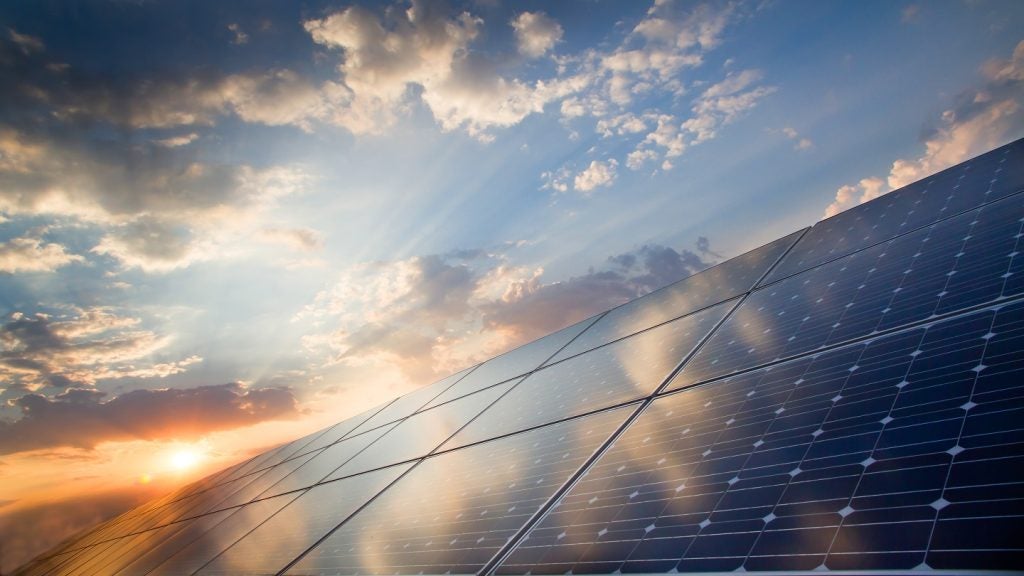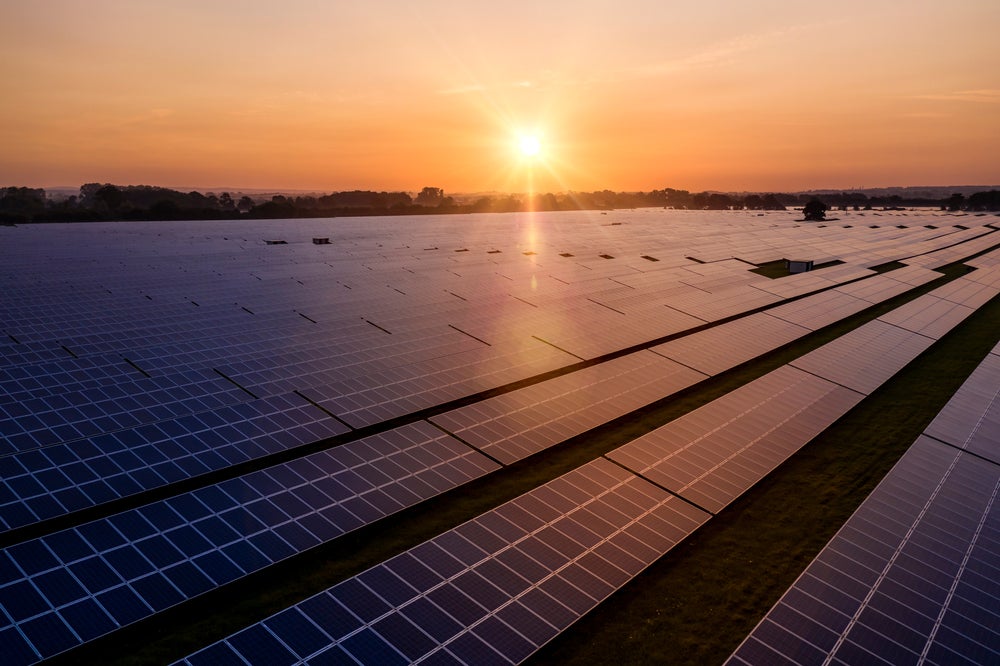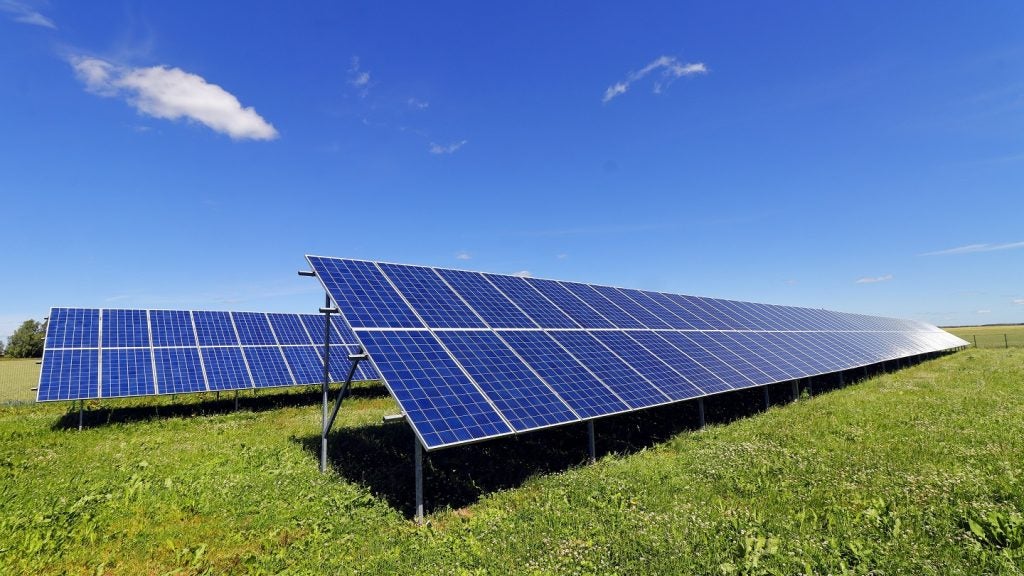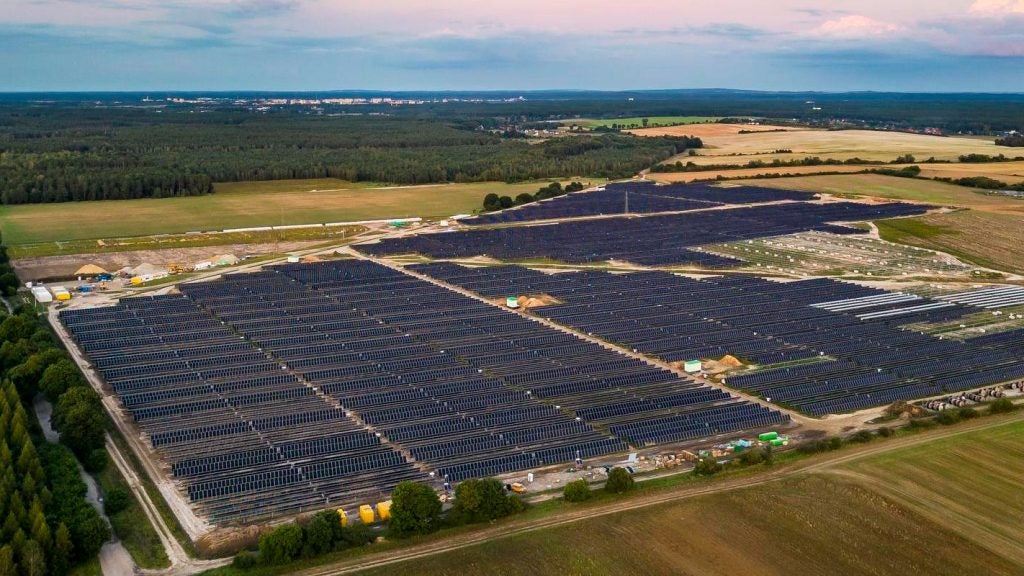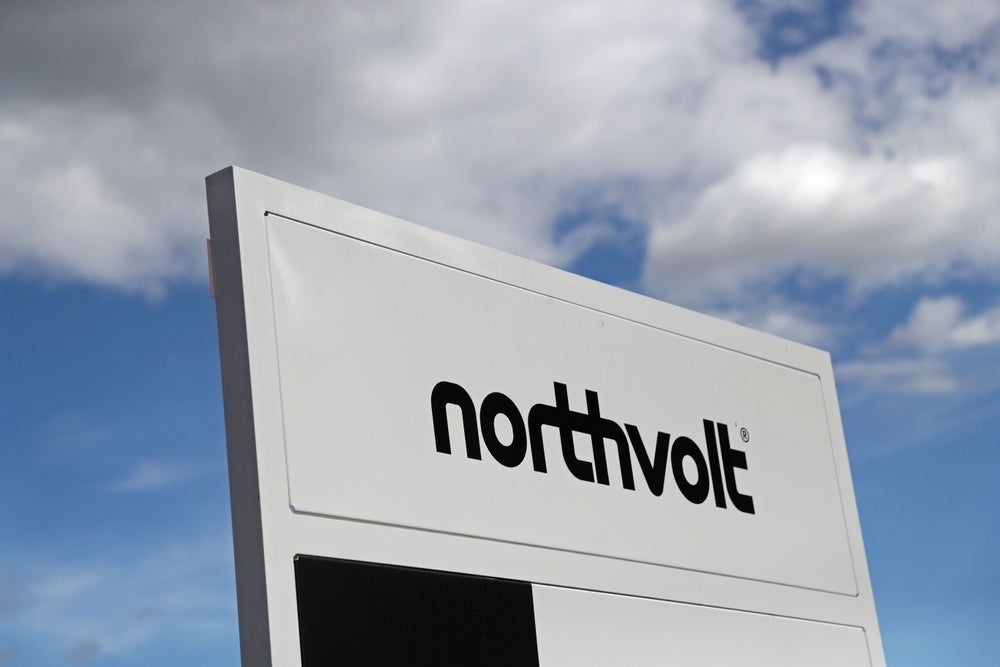
Swedish start-up Northvolt announced on Tuesday a breakthrough in its sodium-ion battery technology, developed for use in energy storage systems.
The battery does not involve the use of lithium, cobalt or nickel, and could remove global dependence on China, which dominates critical material supply chains within the energy transition, the company said in a press statement. It added that the new battery cell is safer, more cost-effective and sustainable than conventional nickel, manganese and cobalt or iron phosphate chemistries, principally because the minerals it uses, such as sodium and iron, are abundantly available.
How well do you really know your competitors?
Access the most comprehensive Company Profiles on the market, powered by GlobalData. Save hours of research. Gain competitive edge.

Thank you!
Your download email will arrive shortly
Not ready to buy yet? Download a free sample
We are confident about the unique quality of our Company Profiles. However, we want you to make the most beneficial decision for your business, so we offer a free sample that you can download by submitting the below form
By GlobalDataThe technology is based on a hard carbon anode and a Prussian White-based cathode, and is free from lithium, nickel, cobalt and graphite. Prussian White is a material used in the positive electrode of sodium-ion batteries, preferred for its low cost and high sustainability. Northvolt plans to be the first company to industrialise Prussian White-based batteries and bring them to commercial markets.
The batteries’ energy density stands at more than 160 watt-hours per kilogram (Wh/kg) compared with an average energy density of 200–300Wh/kg for a lithium-ion battery. This figure can vary significantly depending on the chemistries used.
Peter Carlsson, CEO and co-founder of Northvolt, said: “The world has put high hopes on sodium-ion, and I am very pleased to say that we have developed a technology that will enable its widespread deployment to accelerate the energy transition… Battery technology like this is also crucial to reach global sustainability goals by making electrification more cost-efficient, sustainable and accessible worldwide.”
The stability and energy capabilities of sodium-ion batteries have significantly improved over the past year as companies look to diversify away from lithium amid soaring costs and supply shortages.
“The layered metal oxides have shown limited cycling stability and air sensitivity, and the polyanions only delivered a moderate energy density, mainly because of the bigger size of Na cation compared with Li cation. Further research is required to get better sodium host materials with higher energy and better stability,” postdoctoral scholar at Stanford University Min Ah Lee explained when discussing the technology five years ago.
Since then, things have progressed. Speaking to Energy Monitor, sister site to Power Technology, this month, Laura Cozzi, director of sustainability at the International Energy Agency, explained how some clean technologies have “moved up the innovation ladder… One example is batteries based on sodium. Until a year ago, it was mostly lithium; now we know that sodium can play a role.”
Northvolt’s current sodium-ion batteries are designed for use in energy storage, but subsequent generations with higher energy density could eventually be used in electric vehicles.


